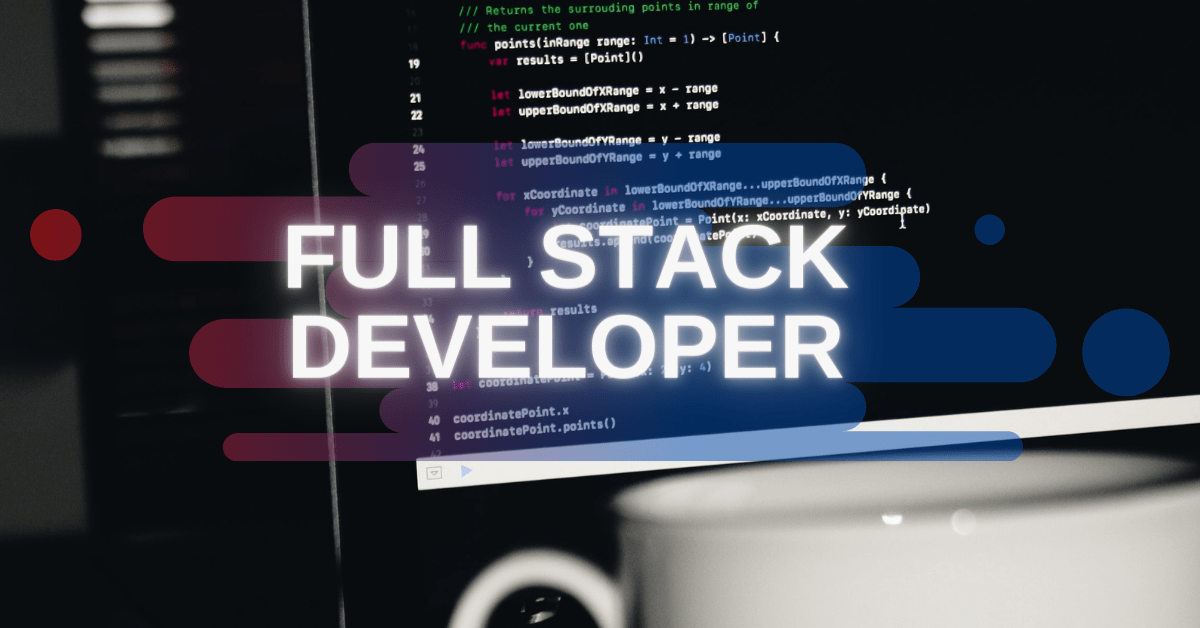When it comes to native Android application development, there are two official programming languages recognized by Google: Java & Kotlin. The dilemma most Android developers face is choosing the best programming language for app development. While Java has been here for ages and everyone praises it because of the efficiency and simplicity it provides, Kotlin is also gaining some traction lately.
Since the arrival of Kotlin, developers’ faith in Java has been somewhat shaken. And Google acknowledging it as the second official programming language makes programmers wonder which is the best programming language for Android App Development?
To give programmers more clarity about the same, we have written this extensive guide that resolves Kotlin vs Java battle once & for all. Let’s start by knowing each language in detail.
Java Programming Language
Java is the native programming language used in almost everything on Android. Apps that communicate with the OS and the hardware of the device use Java as their core technology. The language is versatile and is used in almost all types of programs, machines, OSs (Android, Windows, Linux, etc.).
By removing the boilerplate code, Java can make the code highly expressive & intuitive so that it is easy to write and maintain too.
Benefits of Java:
- Java works practically on all devices, servers, or operating systems.
- The Java coding is robust and it is highly unlikely for Java instructions to compromise data or corrupt memory from other OS apps.
- Being an object-oriented language, it is easy to create modular applications with Java and reuse of the parts is possible that aid to the robustness.
- With Java, there are lots of third-party codes ready to use.
- In addition to being easy to use, Java is easy to compile, debug, and deploy.
Challenges with Java:
- Compared to other programming languages like C+ or Python, Java uses more complicated or cumbersome syntax.
- Accessing the new enhancement for mobile development is not that easy.
- Java may cause a problem with Android API design at times.
- Java takes a lot of system memory making it slower than other programming languages.
Kotlin Programming Language
Inspired by Java, Kotlin is the newly created & improved version of Java that comes with so many additional features. It is clean, has less formalities & rules than Java, and is a relatively simple programming language. The Kotlin language was born out of the aspiration of creating a language with heightened productivity.
The language introduces functional features that provide support for Java interoperability. The main goal behind the Kotlin development was to improve the coding experience and make it both effective & practical for everyone.
Benefits of Kotlin:
- App deployment through Kotlin is faster to compile.
- Codes written on Kotlin are much smaller in size than Java due to the less verbose.
- Kotlin codes are compiled in bytecode making it easy to execute on JVM. What this does is transfer all the Java-based libraries and frameworks to run on Kotlin.
- Kotlin is safe from NullPointerExceptions.
- Kotlin offers coroutines & interoperability for web development with JavaScript.
- Kotlin script helps configure development projects in Android Studio & reduce compile-time error detection for auto-completion aids.
Challenges with Kotlin:
- Not being so popular like Java, the Kotlin development community is sparse.
- Due to the weak patterns, it has lower initial readability.
- As it is younger than Java, it has a small support community, fewer libraries, tutorials, and blog posts.
- It has a steep learning curve.
- Being a newly developed programming language, finding experienced Kotlin developers can be a real challenge.
Features that Java Offers But Not Kotlin
1. Checked Exceptions:
Java’s checked exceptions are a highly coveted feature for programmers who need error recovery while building robust code. Kotlin does not incorporate this feature to maintain the code conciseness even though many developers are in favor of the same.
2. Primitive Types That aren’t Classes:
Char, double, byte, and Float are the four out of eight primitive types with the only purpose to contain pure and simple values. They come with predefined operations and are not object instantiated.
3. Static Member:
There is no static member in Kotlin, but Java has one instance where the static member is shared across all instances. The keyword static belongs to a type itself than an instance.
4. Wildcard-types:
It has several uses which include the type of field, parameter or local variable. On the other hand, Kotlin does not offer Wildcard-types, Java offers this feature for developers to use for extended functionality.
5. Ternary Operator:
Unlike Kotlin, Java offers a ternary operator that works to evaluate the statement is true or false for a condition.
Features that Kotlin Offers But Not Java
1. Lambda Expression & Higher Order Function:
The programming language offers first-class functions to be stored in data structures & variables. This helps functions to be operated in ways possible for non-function values too.
Being statically typed language, Kotlin makes use of many function types such as Lambda expressions.
2. Extension Functions:
The extension functions in Kotlin allow to import reference into the activity file enabling developers to work with that as a part of the activity. Creating extension functions in Kotlin is an easy process for most developers.
3. Null-Safety:
Kotlin makes all types non-nullable by default thus, resolving the NullPointerExceptions problem of Java – the biggest issue developers face.
4. Smart Casts:
As opposed to Java, Kotlin has smart casts that automatically handles redundant cast that too without needing to check type or having to cast in a statement.
5. String Templates:
This feature allows developers to directly assign dynamic value to strings & print the statement using a template in Kotlin.
6. First-Class Delegation:
Supports delegation patterns in Kotlin requires no boilerplate code which is an alternative for implementation inheritance.
7. Singletons:
Singleton in Kotlin programming language is a replacement for the static field. It can be created simply by declaring an object. Thanks to singleton patterns, there would only be a single instance that would act as a single point of access which ensures the thread-safety.
8. Declaration-Site Variance & Type Projections:
As Java offers Wildcard types, Kotlin offers to specify variance annotations. It is known as declaration-site variance and offers the convenience to apply annotations to all those places where the class has been used.
The type projection here will take care of if you want to use a generic class without knowing the type parameter.
Conclusion:
Looking at this battle we can say Kotlin has an upper hand. This is because Kotlin can interwork with Java to provide incremental code changes. Also, it provides easy migration with backward compatibility from Java. That’s the reason why Google has chosen it as the second official language for Android app development. However, Java has been here for over 2 decades now & closing in for 3rd decade, so it still remains the most favored language of developers over Kotlin.
Have an idea for Android app development? M-Connect Solutions offers the most dynamic, robust, & engaging Android apps with sleek designs. The Android app enthusiasts at M-Connect have sufficient prowess to design and develop the most responsive apps that work across all devices. Contact us for further discussions & start your app development project with us.
About Hemant Parmar
Hemant Parmar is an eCommerce expert and a keen Magento consultant who specializes in meeting the needs of businesses in the e-commerce space. Years in the eCommerce market make him a perfect choice for sharing his expertise on eCommerce and Magento 2 development. He believes that customers need to be met no matter how challenging it might be.
Read More




